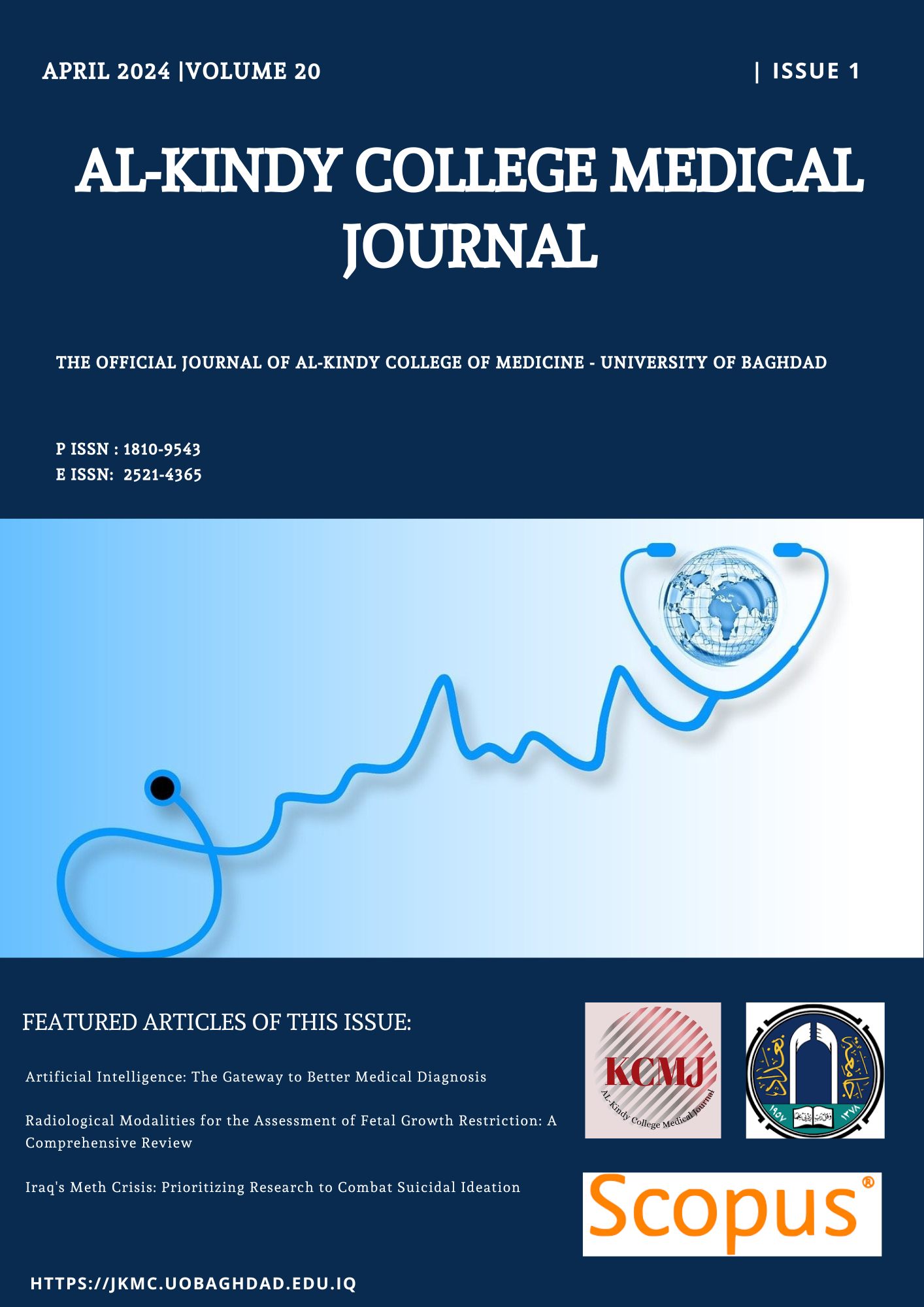Abstract
rtificial intelligence has demonstrated remarkable promise for diagnosing current and future diseases. The use of Artificial intelligence in disease diagnosis is anticipated to increase with advancements in this field. Artificial intelligence -driven diagnostic tools can assist clinicians in diagnosing patients more quickly and accurately by interpreting images such as computed tomography scans, magnetic resonance imaging, and X-rays. Artificial intelligence algorithms may analyze and combine patient information, symptoms, and medical background. In the future, Artificial intelligence may use the massive volumes of medical data to assist in disease prediction and prevention. Moreover, Artificial intelligence may also help diagnose complex diseases by integrating environmental, lifestyle, and genetic factors. Artificial intelligence can optimize patient care outcomes by enhancing and improving diagnostic processes. It cannot, however, replace trained medical personnel. Data security, continuing model validation, and ethical considerations must all be taken into account in future research and the application of Artificial intelligence for disease diagnosis.
